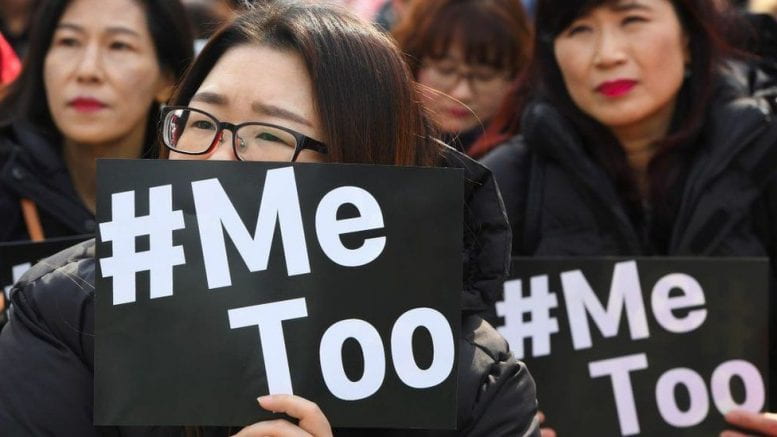October 7, 2021
Paula Hsiao
China’s online icon, Xianzi, also known by her real name, Zhou Xiaoxuan, first wrote about her experiences with sexual harassment in an online essay in 2018 with claims against popular Chinese celebrity host, Zhu Jun. She accused Zhu of having groped and kissed her by force for 50 minutes during the time in which she interned for him in 2014. After the piece garnered much online attention, it gave many others the courage to come out with their own encounters with sexual harassment that spearheaded the #MeToo movement in China and led to increased awareness for women’s rights. Xianzi began to take legal action against Zhu, however, in the history of the country, Chinese courts don’t often grant hearings to harassment cases, and it was only recently that they passed a legislation that even defined what constitutes sexual harassment, so from the beginning, it was clear that Xianzi would be fighting an uphill battle for her own rights.
At first, despite Xianxi reporting the incident to police, she was told to keep the information of her assault to herself, as the police told her that Zhu was a national example of “positive energy” to the nation and therefore his reputation of being a trendsetter for good behavior could not be sullied. Therefore, she kept quiet until the #MeToo movement happened. This all came to head mid-September when in a final court hearing, the case was dismissed by the Haidian district court in Beijing on the basis that there was insufficient evidence to prove that Zhu sexually harassed her. Afterwards, she addressed her supporters in an online video, saying “I feel I cannot do anything anymore… these last three years of my life have been so tough, I can’t do another three years.” On the other hand, now the tables have turned, and Zhu is suing Xianzi for defamation of his image and damaging his mental well-being.
This all goes to show how the odds are stacked against women in Asia, and especially China, who decide to speak out against sexual assault or were victims to it themselves. The task to try and achieve justice in courts for what they have faced is almost impossible if they do not have undeniable, hard proof of the event. Consequently, many also face lawsuits from their abusers on the account of defamation, which further oppresses them from wanting to, and being able to, speak out. This is just one of the many high-profile cases in China that have failed to obtain justice for the victims. Similarly, another recent case in Shandong filed by a female employee of Alibaba that claimed she was raped by a manager had the charges dropped by the court. More infamously, in July, Chinese pop star Kris Wu was also arrested following accounts from several women that alleged him for rape and sexual coercion.
Wong, Tessa. “#Metoo: China Court Dismisses Landmark Sex Harassment Case”. BBC News, Sept. 15 2021, https://www.bbc.com/news/world-asia-china-58567142. Accessed 7 Oct 2021.
Feng, Zhaoyin and Wong, Tessa. “Xianzi: The #Metoo Icon China Is Trying To Silence”. BBC News, Sept. 27, 2021, https://www.bbc.com/news/world-asia-china-58629102. Accessed 7 Oct 2021.
